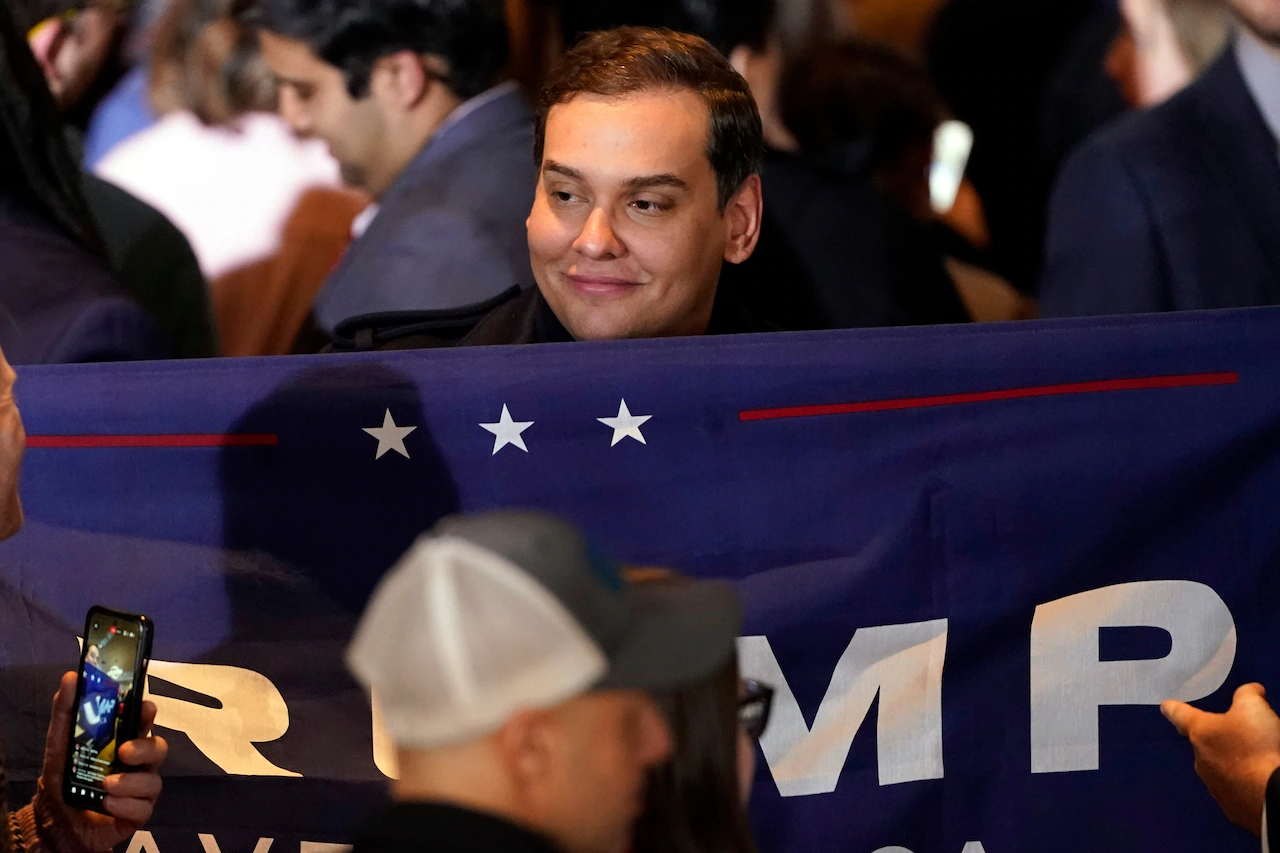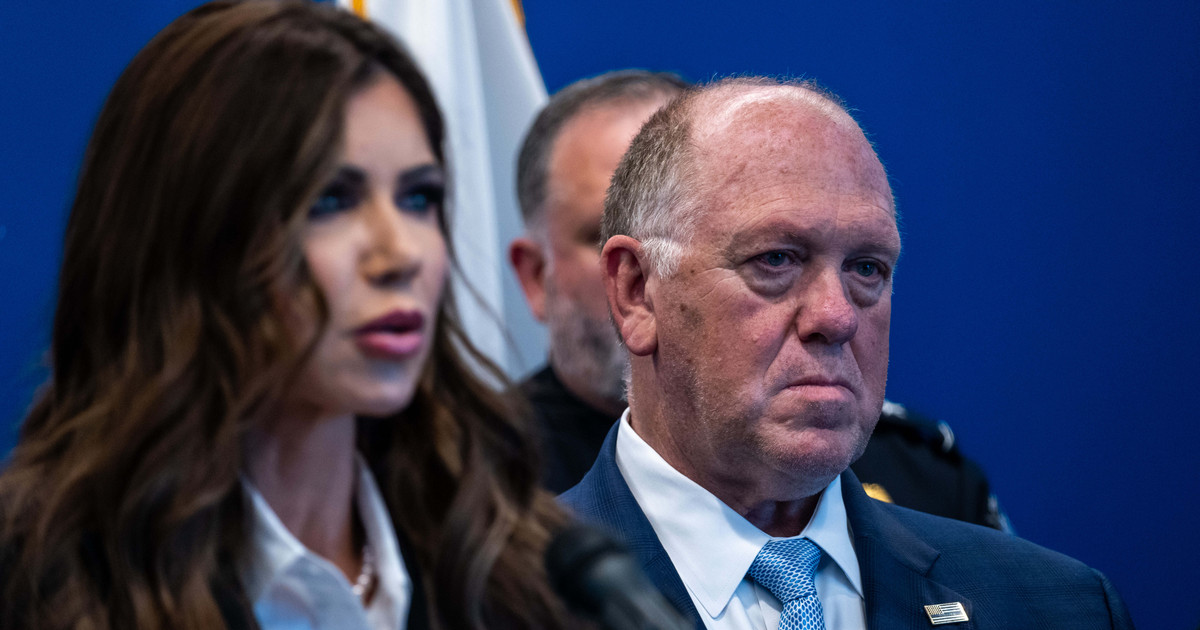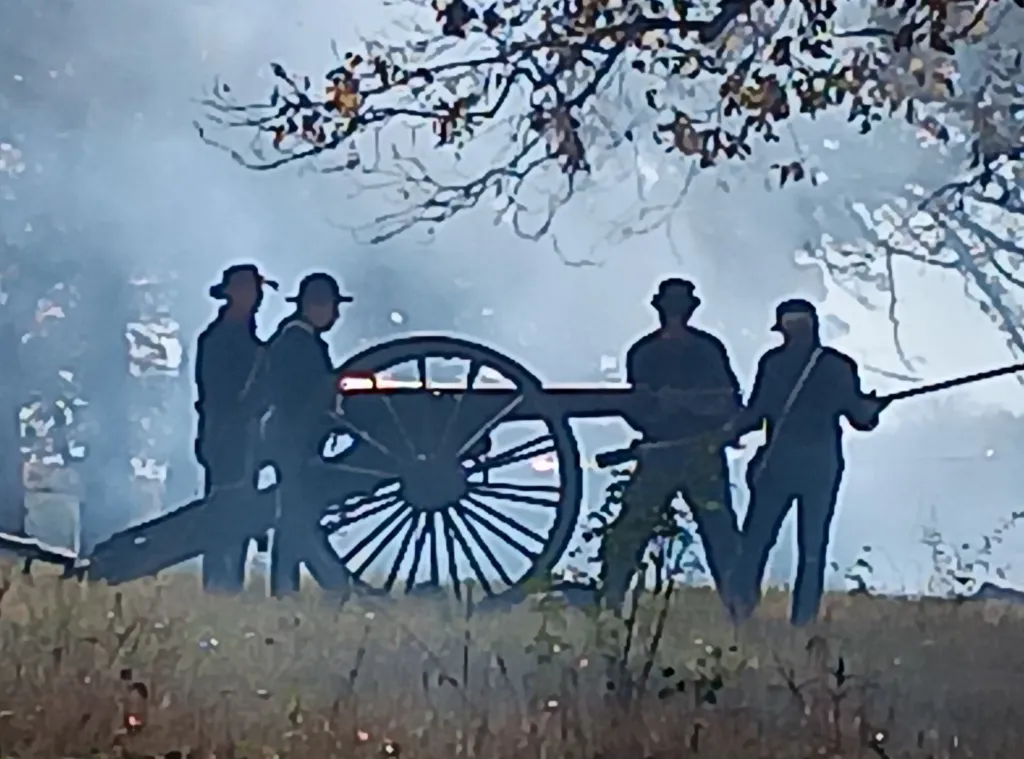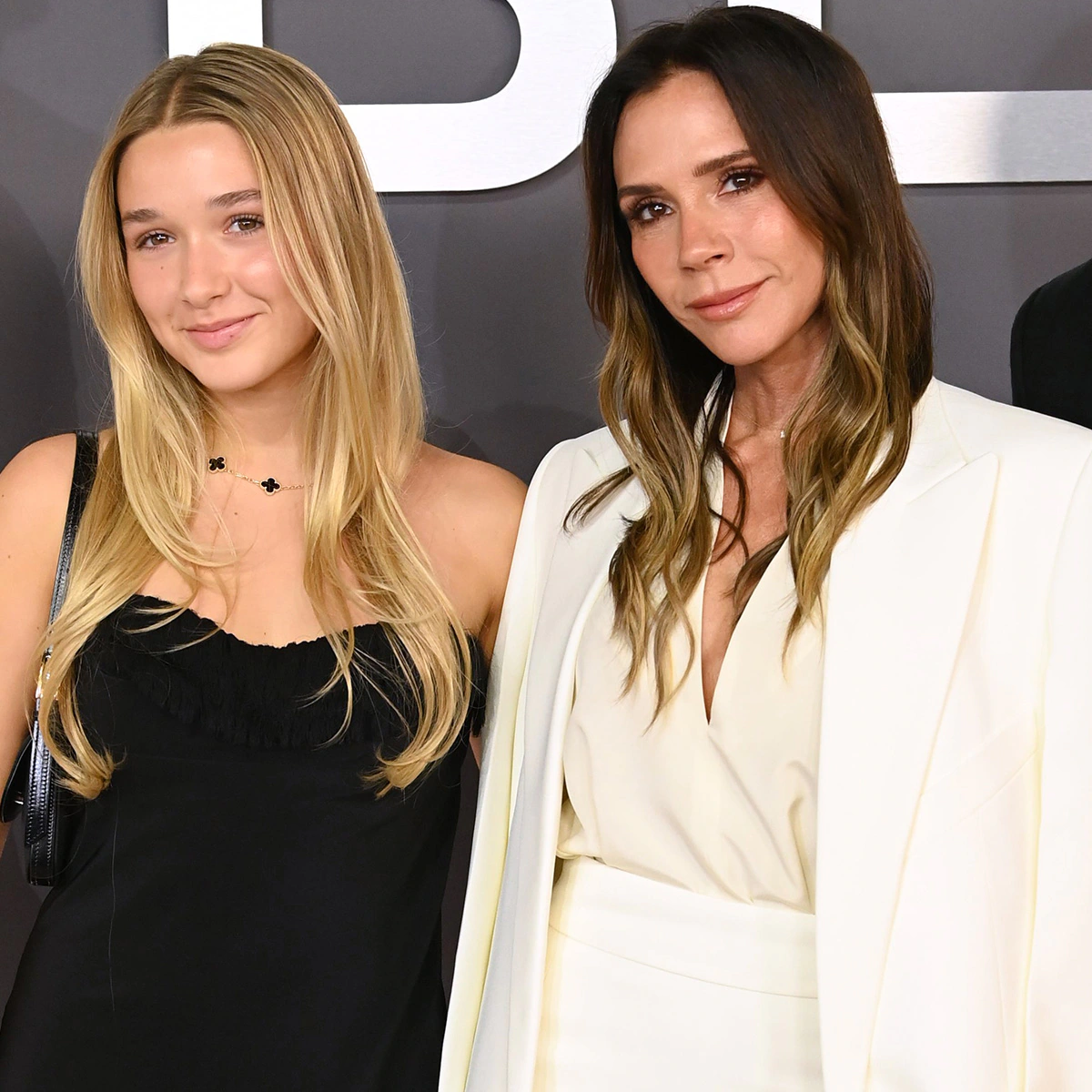Copyright Star Tribune
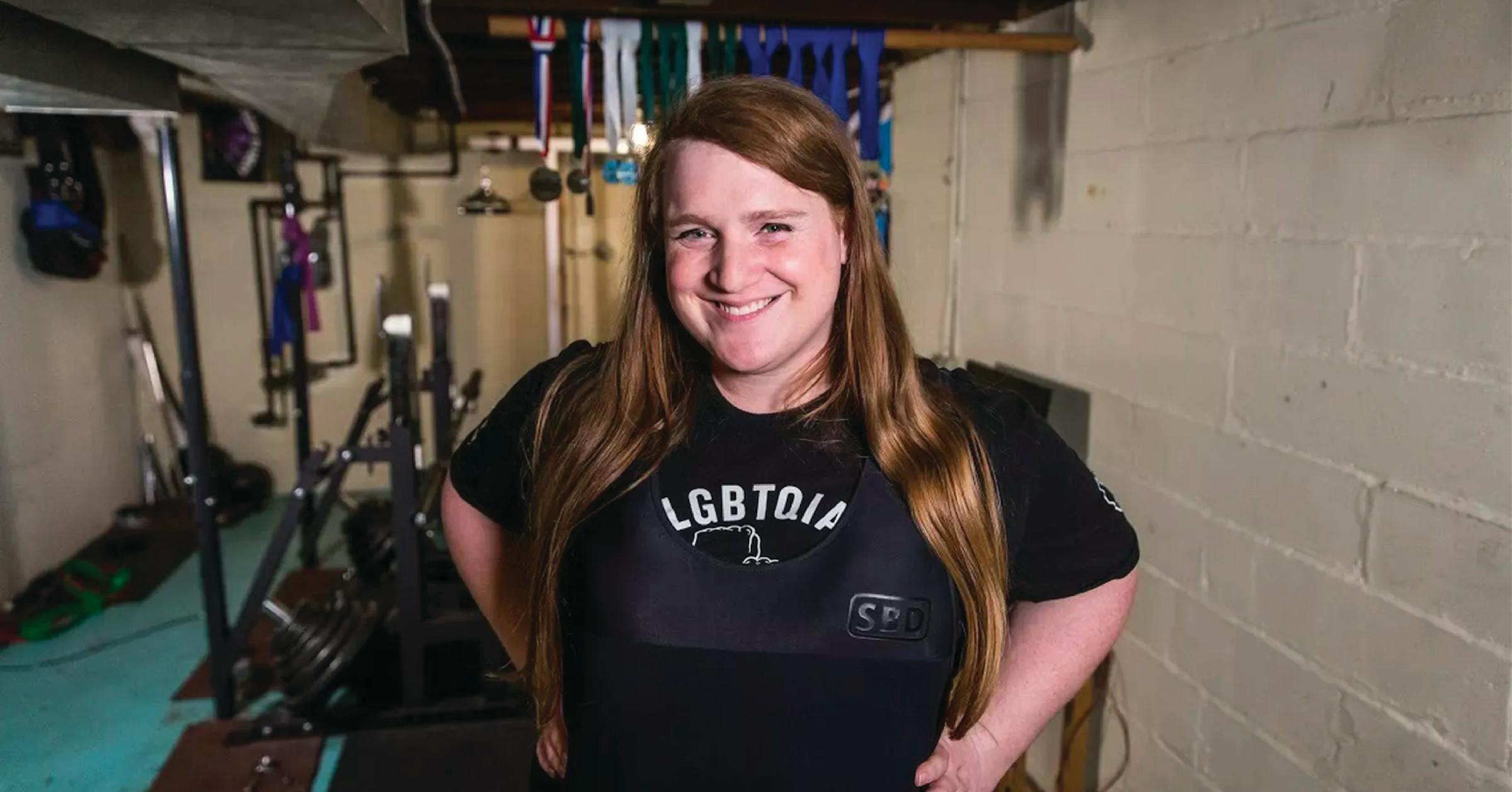
The Minnesota Supreme Court ruled Wednesday that the human rights of a transgender weightlifter were violated when USA Powerlifting refused to let her compete as a woman at two of their events held in Minnesota, but the outcome of the case remains largely unsettled. The unanimous opinion was narrowly focused on the intricacies of Minnesota’s Human Rights Act and said USA Powerlifting has presented a legitimate argument they had a business reason to make that decision. The opinion comes as the conversation around transgender athletes has become a political ignition point amid a flood of executive and legislative maneuvering that has recently targeted the Minnesota High School League via executive orders from the Trump administration and legal filings from attorneys general in 19 states in federal court in Minnesota. Chief Justice Natalie Hudson’s opinion largely sidesteps the intensity of the topic to focus on the Legislature’s intent to protect the rights of people regardless of their sexual orientation and gender identity while also allowing businesses to operate in a discriminatory fashion, if they have a legitimate business reason. The court ruled that while USA Powerlifting’s policy “expressly prohibiting transgender women from competing in the women’s division of a powerlifting competition is facially discriminatory,” legal questions remain over whether USA Powerlifting had legitimate competitive concerns that led them to bar JayCee Cooper from competing as a female weightlifter. Cooper, a Minneapolis native whose life has revolved around athletics, applied to take part in two USA Powerlifting competitions in 2018. Cooper was born male but struggled with gender identity throughout her life. At the time she applied to compete, Cooper was taking the medication spironolactone to treat gender dysphoria and applied for a medical exemption because the drug was banned by the World Anti-Doping Agency. The exemption request made USA Powerlifting aware that Cooper was transgender. In denying her request, the weightlifting organization wrote that “Male-to-female transgenders are not allowed to compete as females in our static strength sport as it is a direct competitive advantage.” Attorneys for Cooper argued that policy clearly violated Minnesota’s Human Rights Act prohibitions on discrimination in business and in public accommodations because it categorically denied transgender athletes from competing. USA Powerlifting said the decision wasn’t about her gender identity, but about clear physiological advantages derived from going through “male puberty” that cannot be reversed through hormone therapy. “There is no individualized nuance to USA Powerlifting’s position,” Hudson writes. “It assumes that every transgender woman has a competitive advantage in the women’s division. There is no assessment of whether that is true in a particular case.” Hudson writes that a business can claim an exemption to the law but it “must show that the discriminatory policy is reasonably necessary for it to achieve its central mission and there are not reasonable alternatives.” At the time of denying Cooper the chance to participate, USA Powerlifting had a transgender policy stating male-to-female transgender athletes could not participate as women because they have “increased body and muscle mass, bone density, bone structure, and connective tissues” and that creates a competitive imbalance in the sport. USA Powerlifting submitted to the court “substantial expert testimony and scientific evidence that transgender women who have gone through male puberty have a significant strength advantage.” While Cooper argued that allowing transgender women to compete in the women’s division didn’t change the sport of powerlifting or prevent USA Powerlifting from hosting women’s events, the Supreme Court ruled there is a legitimate question over whether USA Powerlifting’s transgender policy amounts to a legitimate business purpose. Cooper also argued that USA Powerlifting’s policy amounted to sexual orientation discrimination in public accommodations. The Supreme Court reinstated a District Court’s ruling that the weightlifting organization had violated that law because the public accommodations statute does not allow for exemptions for legitimate business purposes. So even if USA Powerlifting had a legitimate business reason, their decision to exclude Cooper from participating in the event amounts to discrimination. The opinion amounts to a nuanced journey through the clearly protected rights of transgender individuals in Minnesota and how the courts balance those rights with the rights of businesses that seek to claim an exemption. It comes at a time when sports organizations around the state are grappling with similar questions. Advocacy group Gender Justice said in a news release that it organized more than 2,000 athletes, coaches, parents and advocates to sign a letter calling for trans inclusion in sports ahead of the opinion’s release. “As a cisgender athlete and mother, I see this for what it is: a dog whistle used to restrict the participation of women and girls in sports,” McMillan Larson said. A top Minnesota Republican lamented the ruling as “another setback in the fight to protect girls sports.” Republicans have attempted to advance legislation to ban trans athletes from girls and women’s sports, but the bills didn’t pass the closely divided Minnesota House. “This issue is ultimately about safety and fairness, and Minnesotans overwhelmingly agree that their daughters and granddaughters should not be forced to compete against boys,” said House Speaker Lisa Demuth, R-Cold Spring. “House Republicans are ready to act in the first weeks of next year’s legislative session to make clear that girls sports are for girls.” Last month, the Trump administration issued a letter saying Minnesota was in violation of Title IX because of the MSHSL policy that allows transgender athletes to participate in girls high school sports. The administration ordered the state to make changes in 10 days. That deadline passed and the state of Minnesota said it would not offer a “substantive response” to the demand, citing a lack of clarity amid the government shutdown. Solicitor General Liz Kramer criticized the Title IX investigation and the suggestion that the state “faces imminent cuts to federal funding” unless it makes changes. “As you know,” Kramer wrote, “if the federal government intends to follow the law, it would need to follow an extensive, multi-step administrative process before any federal funding to Minnesota education programs or activities could ever be terminated.” In August, attorneys representing three Twin Cities metro area high school softball players requested a federal court to temporarily block transgender athletes from competing in girls sports. Last month, U.S. District Judge Eric Tostrud denied that request saying attorneys representing the athletes were unlikely to succeed in their argument that Minnesota’s nearly decade-old bylaw creates an uneven playing field and violates Title IX, the federal law prohibiting sex-based discrimination. Last week, attorneys general from 19 states filed a brief in the U.S. Court of Appeals for the Eighth Circuit seeking to reverse Tostrud’s decision. The brief accused the MSHSL of denying female athletes the benefit of “fair and safe competition” through its decade-old policy allowing people born male to compete in their sport. “That is basic biology,” wrote Iowa Attorney General Brenna Bird, who penned the brief on behalf of the states. “And to deny or ignore that deprives females of what was fought for in this Nation’s history — the right to be treated equally and to have the same opportunities as their male counterparts.”
